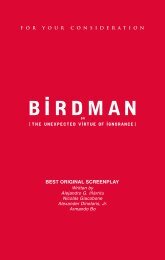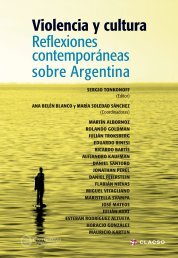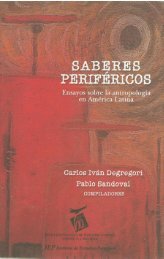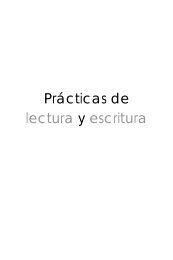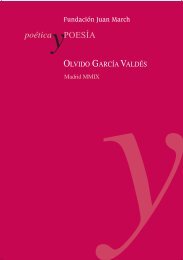blueprints
blueprints
blueprints
You also want an ePaper? Increase the reach of your titles
YUMPU automatically turns print PDFs into web optimized ePapers that Google loves.
The Poem Is a Bridge | 117<br />
Our first reader at our first reading was a young spoken word artist<br />
named Ayodele (M. Ayodele Heath). I like to think of him as an emblem of<br />
Poetry@Tech’s reason for being. Several years earlier, he had been a presidential<br />
scholar at Georgia Tech. That’s a big deal, very prestigious, very competitive,<br />
full ride. But he dropped out. Because he fell in love. With poetry!<br />
There wasn’t much going on regarding poetry at Tech then. Ayodele had to<br />
go elsewhere to find his art. A few years ago, we invited him back to occupy<br />
the McEver Visiting Chair. During those intervening years, he established<br />
himself as one of the prominent slam-spoken word artists in the country<br />
and has since earned an MFA degree in poetry at New England College, in<br />
Henniker, New Hampshire. Also reading was A. E. Stallings, a brilliant young<br />
formalist poet originally from Athens, Georgia, but then (and still, I believe)<br />
living in Athens, Greece. On the bill too was R. J. McCaffery, a young poet<br />
who has since published a few books and is now a lawyer as well as a poet,<br />
a public defender, I believe, in Miami. Al Letson, a performance poet, spoke<br />
a brilliant monologue of a homeless man, which was part of his one-man<br />
show touring nationwide at the time. The reading was at a place called the<br />
Actor’s Express. About three hundred people showed up.<br />
The next readers, at the 14th Street Playhouse, were Coleman Barks,<br />
poet and translator of the great Persian poet, Rumi; Kathleen Stripling<br />
Byer, from North Carolina but recently teaching in Georgia; Turner Cassity,<br />
whose early book, Watchboy, What of the Night?, I remembered reading with<br />
joy as an undergraduate; and John Stone, a cardiologist at Emory’s School of<br />
Medicine and well known not only as a poet but also as one of the first<br />
MDs (in a position to do so) to introduce literature, particularly poetry, into<br />
medical school curricula. (Note: wouldn’t you rather have a doc who knew<br />
a little about poetry, maybe even read and wrote it, than a doc who didn’t?<br />
I would. Except I’d want my doc to be familiar with other people’s work<br />
rather than my poetry: what if he or she didn’t like it?) Sadly, for their loved<br />
ones and for the Atlanta poetry community, both Turner and John died in<br />
the past few years. Rest well, comrades, your books are still here, under<br />
lamps and by daylight, being read.<br />
As I’ve said, all the poets that semester were Georgia poets. (Note: Since<br />
2002, about a third of all the poets who have read for Poetry@Tech and<br />
about a third of the McEver Visiting Chair holders live in Georgia.) At this<br />
point, “we” is Ginger and I, and we figure we can have four readings with<br />
two, three, even four poets at each reading. And pay decent honoraria. Honestly,<br />
no way was I going to invite poets from here and there. I felt anything



